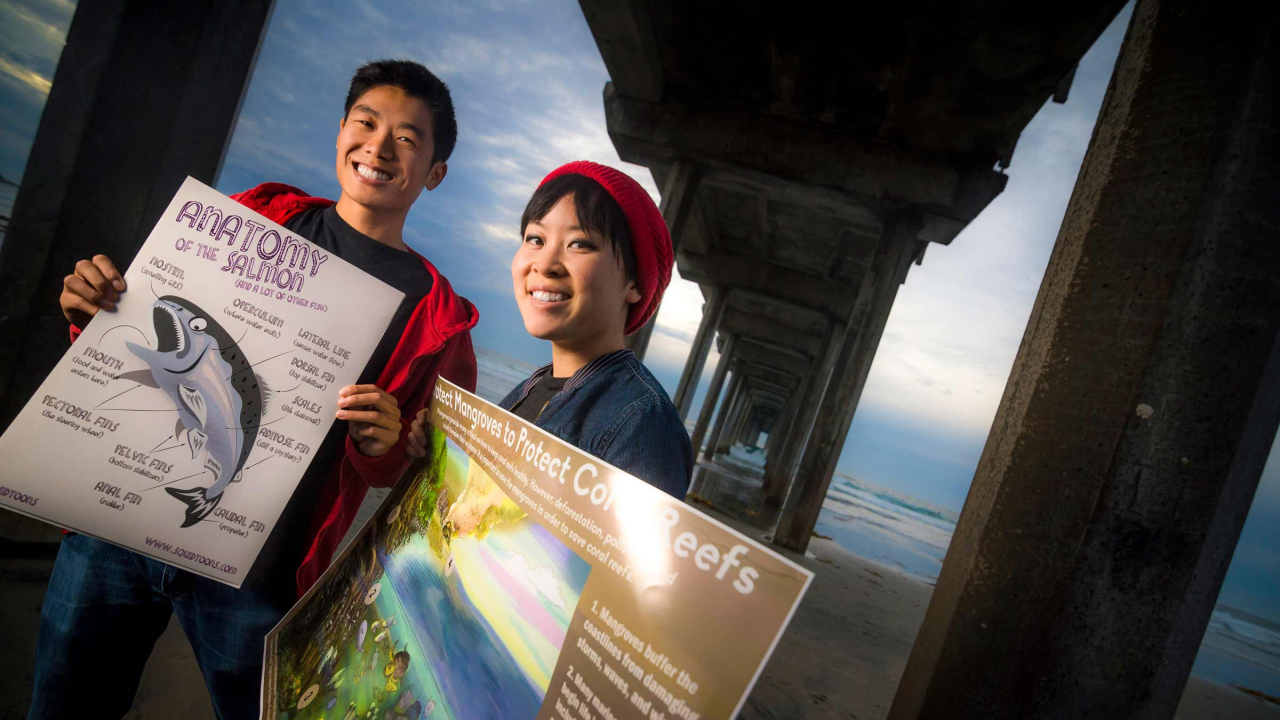It’s 2020 and aquarists just discovered how to breed seadragons in-house: a combination of proper lighting, noise, tank size, and more.
This finding may not have been a news headliner, but two scientists wanted to get the word out. Garfield Kwan and Dana Song designed a cartoon where one seadragon was complaining about improper date night lighting, too much noise to hear flirting, and a too-small house.
The duo are the creators of Squidtoons, a comic series designed to make science digestible, fun, and engaging while helping to educate the public about marine biology and the environment.
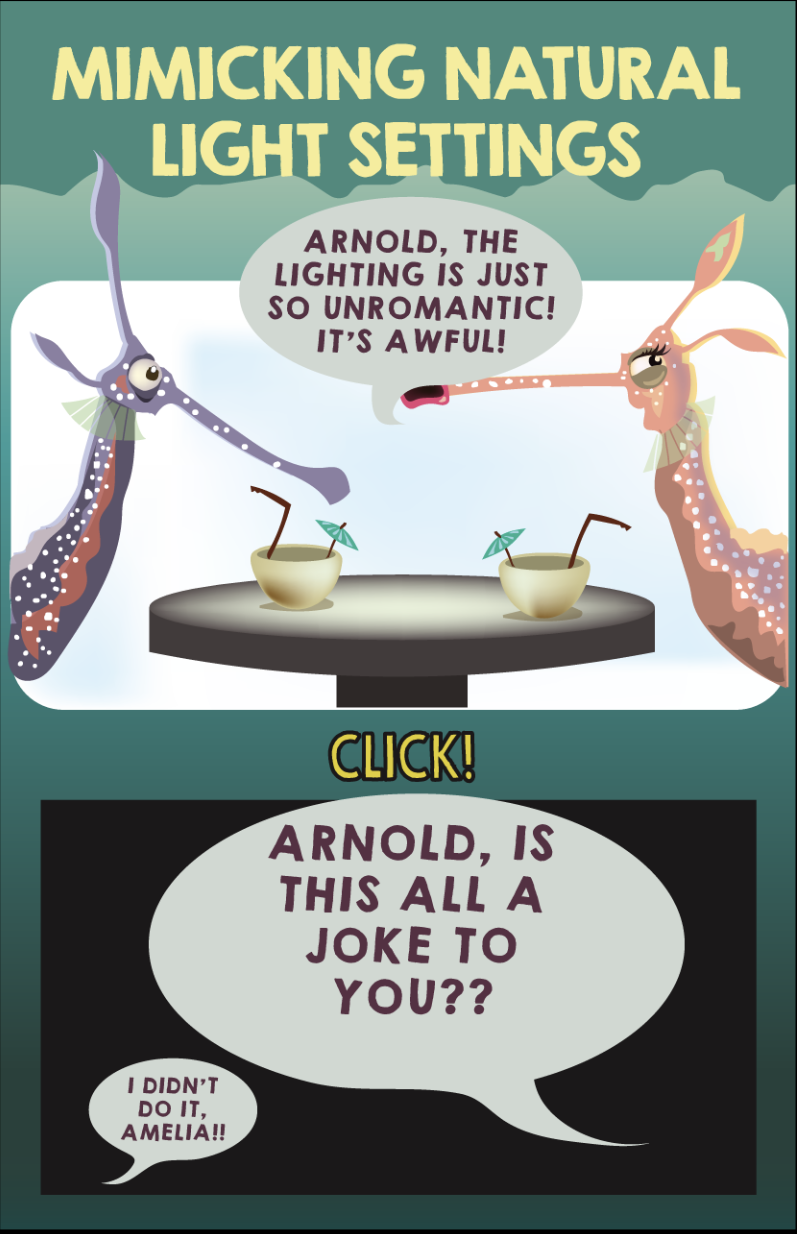
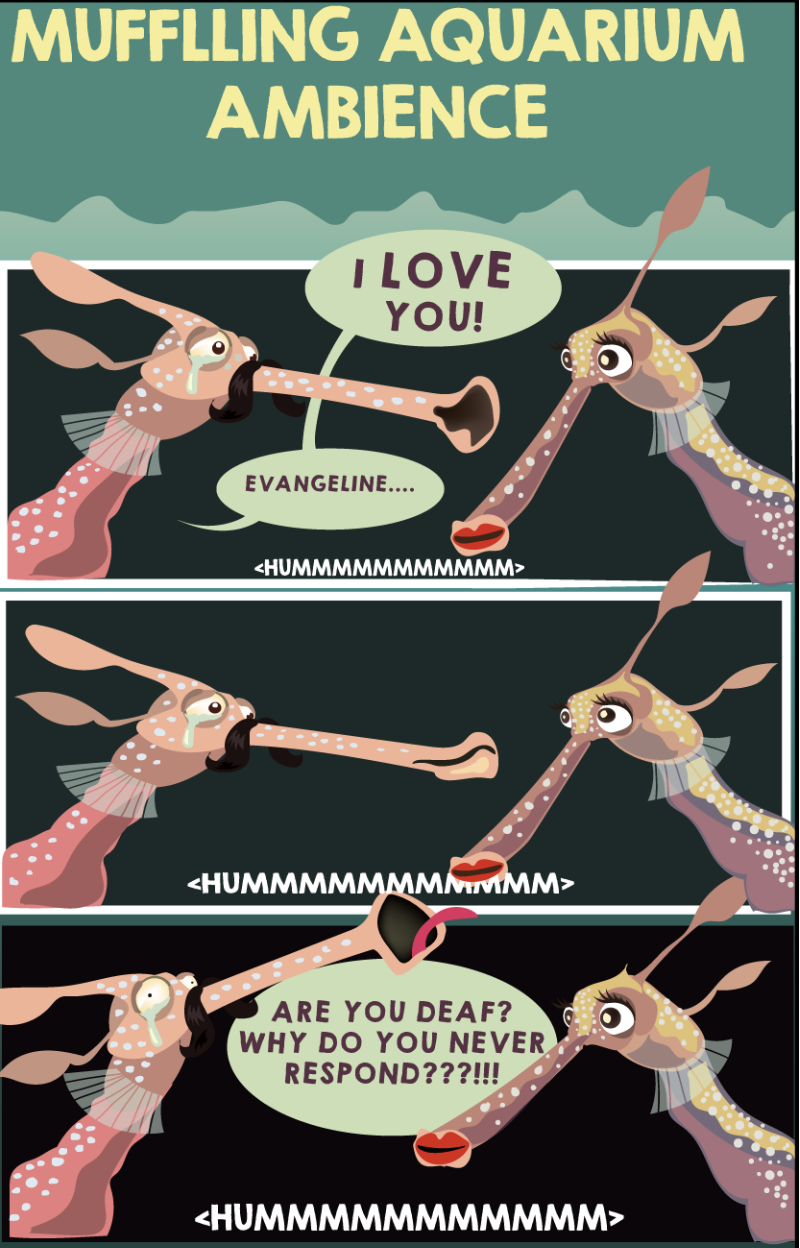
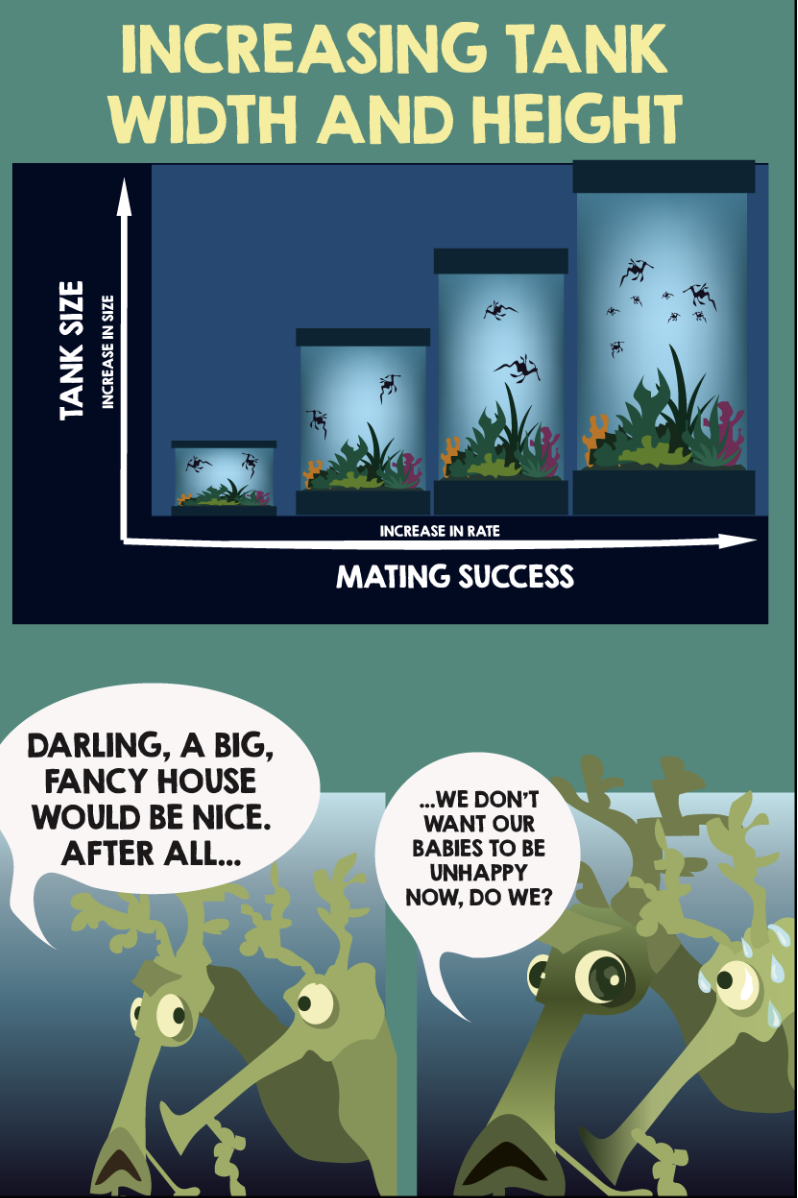
When Kwan, a physiologist and UC Davis postdoctoral researcher, asked Song to doodle a squid in 2013, she drew one with a serpent tongue and vampire teeth. They have since ditched the vampire teeth for accuracy, but they knew then an enduring collaboration and friendship was in the works.
“The stars just aligned,” said Song, now a public health and urban studies research associate at UC San Diego. “It was a little serendipitous.”
Squidtoons comics have since been featured in a textbook, the Santa Cruz Marine Discovery Center, and funded as outreach components by the National Science Foundation and the U.S. Environmental Protection Agency. In 2018, the authors also came out with a children’s book.
Together, they are not just the writer and the illustrator. Kwan and Song work together as storytellers.
“Just imagine a world where artists and scientists collaborated on the regular,” said Song. “How many more fresh, grand ideas could come from that?”
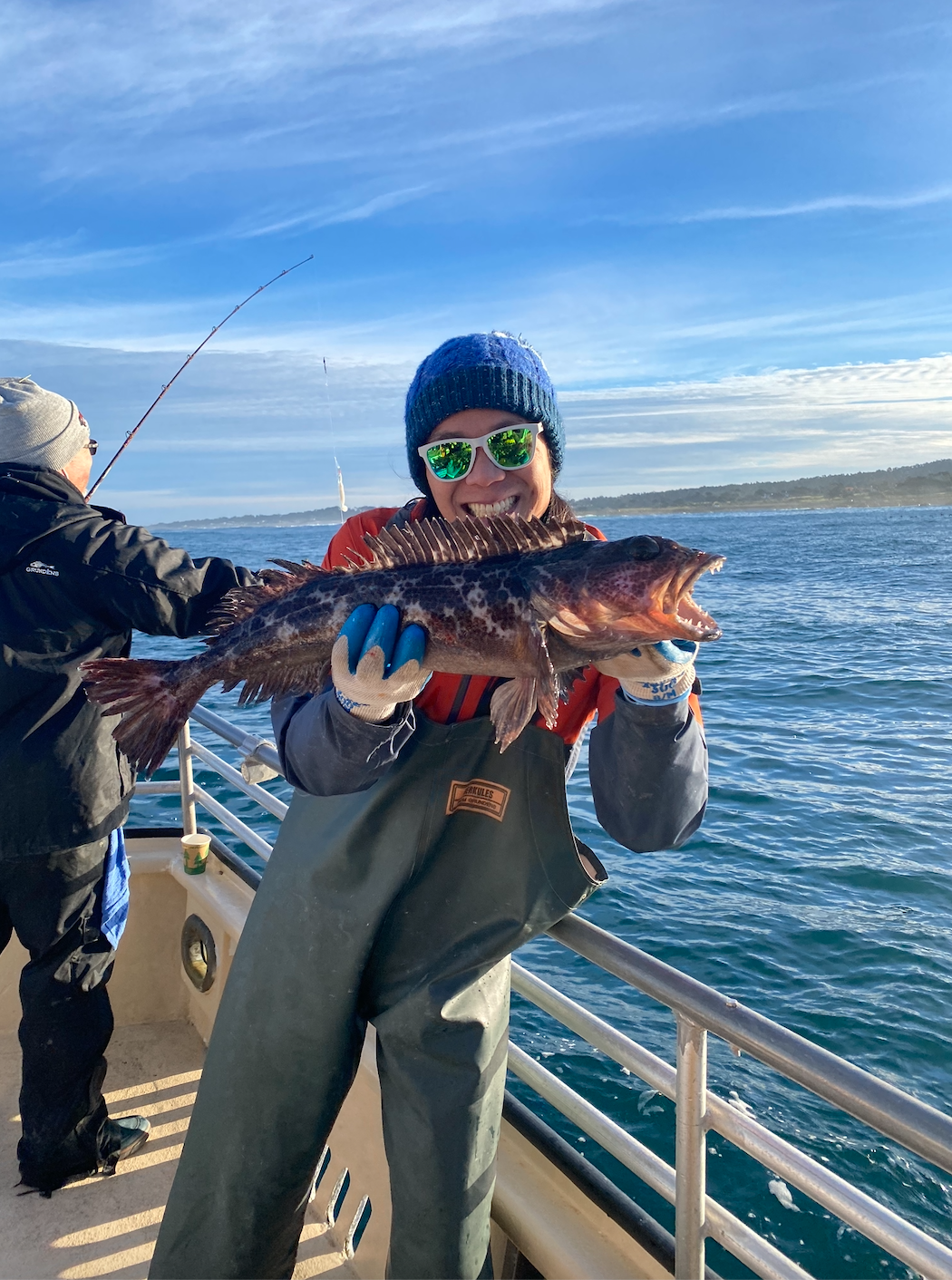
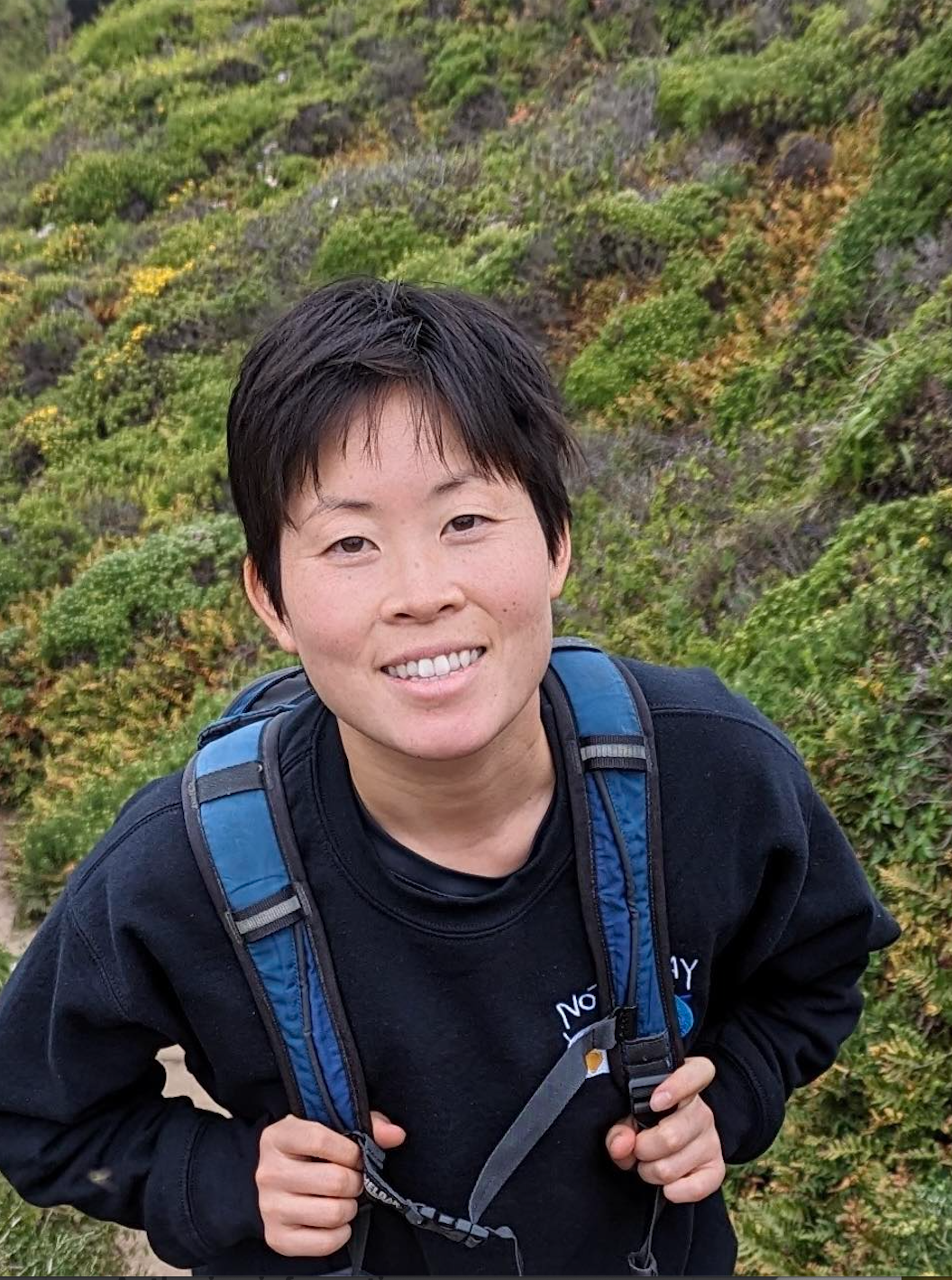
Explaining the ‘why’
Like many career stories, this one began with Garfield’s parents. They were always interested in his research but unable to understand the “why” behind it. He found himself drawing diagrams about his work, which is currently rooted in researching Delta smelt and Chinook salmon in the San Francisco Estuary.
“People are naturally drawn to visuals,” said Kwan. “It's a very disarming tool. All of a sudden, you just find yourself learning about something without realizing you're learning.”
But not all scientists double as cartoonists. When they can’t communicate their findings in digestible ways, science can be overlooked or misunderstood.
“It’s a misalignment problem,” said Kwan. “Not everyone has the interest or ability to absorb dense research papers. Meanwhile, the public is innately curious but don’t necessarily understand what scientists are doing.”
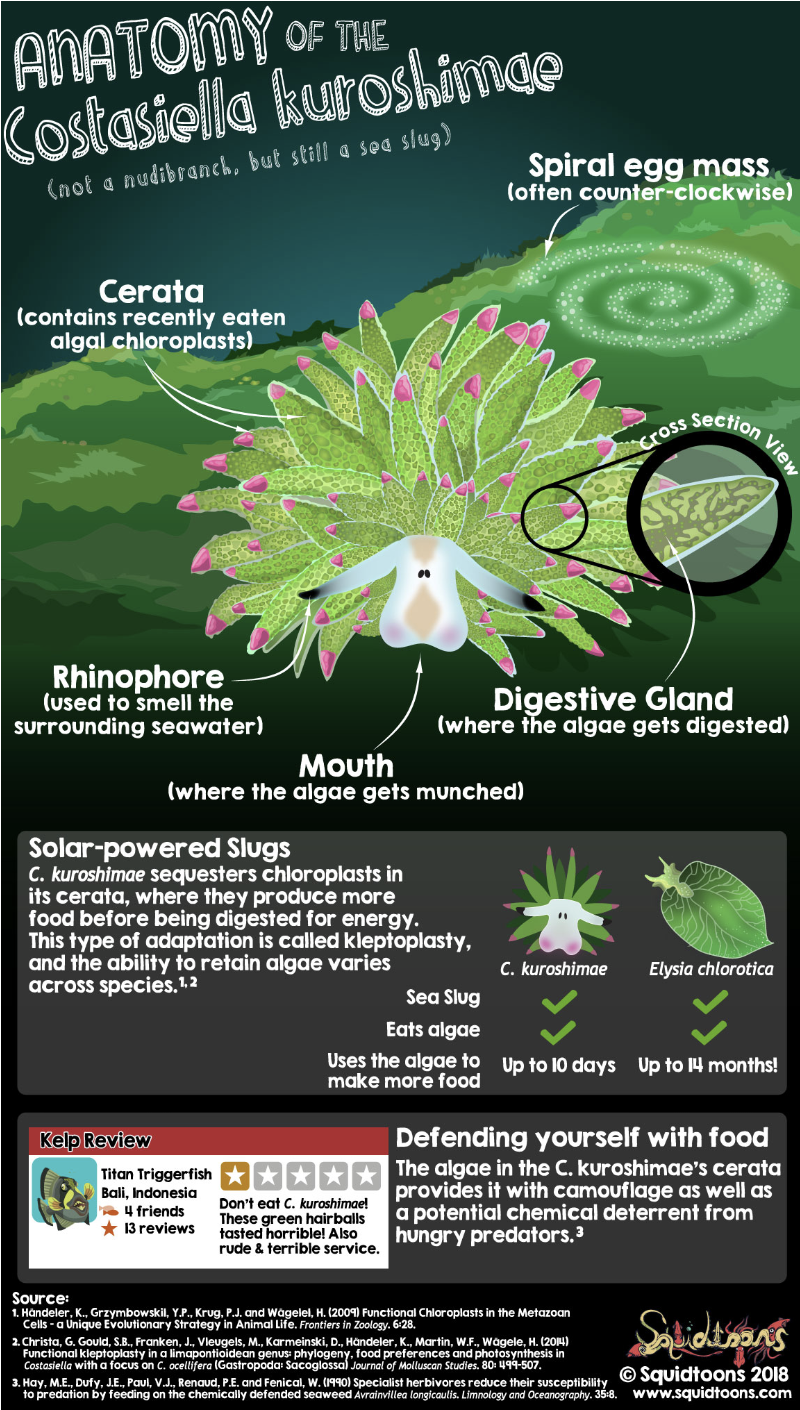
Song and Kwan are especially worried about the consequences of not making science accessible, or communicating work inaccurately.
“I think there’re a lot of issues with information dissemination,” said Song. “It’s becoming more of a concern that people don’t trust the information out there.”
Especially with issues of climate change and the environment, it is critical to have a clear, engaging line of communication between scientists and the public. A lack of accessible education, low attention spans for science, and low public willingness can lead to huge consequences for the Earth.
Kwan and Song feel a responsibility to communicate science, and to keep integrity and scientific accuracy at the forefront of their work.
“With great power comes great responsibility,” said Kwan, a Spider-Man fan. “As science communicators, we have to consider the unintentional impact you could make for the sake of artistic freedom.”
“But in the end, we want people to have fun,” said Song. “We want science to be interesting. We want people to willingly take in this information with full hearts.”
The outside lens
To communicate effectively, Kwan and Song say collaborations are key.
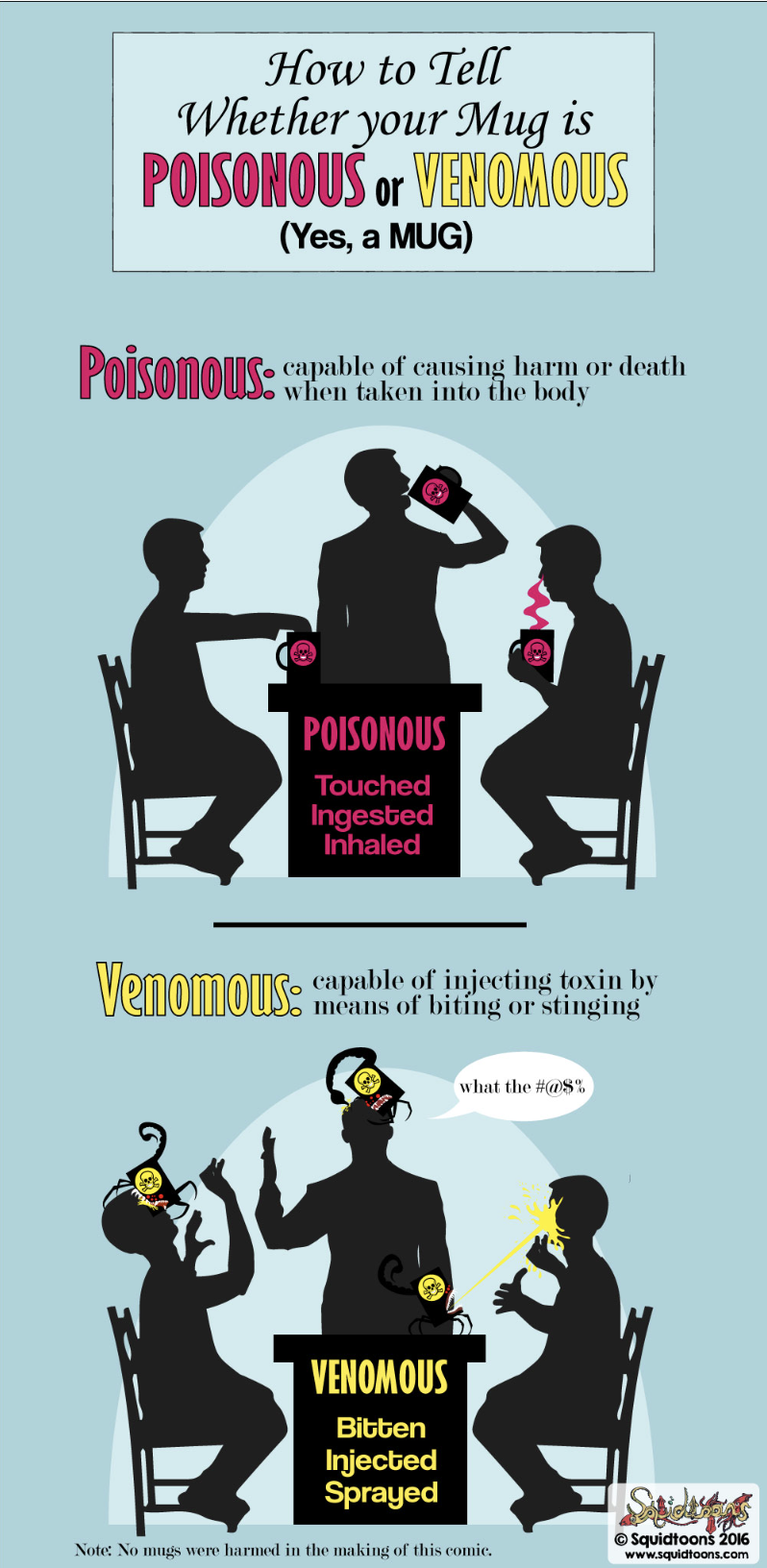
“I find myself better able to communicate other peoples’ work,” Kwan said. “When I try to distill my own research, I naturally think everything is important so the comic becomes very convoluted.”
Kwan detests reading his old cartoons about his own research. He prefers to bring other researchers’ work to life with his outside perspective.
Song also finds herself needing to simplify her drawings, while still making them accurate.
“It’s difficult to simplify very complex topics,” said Song. “Any sort of marine creature that I draw, I can get sucked into all the minute details of that animal. I have to ask myself: Does it not only look visually appealing but actually get the information across?”
Both Song and Kwan emphasize the importance of their collaboration not only with each other, but with other scientists. Looking from the outside lens is important to communicate effectively.
The future
As a fourth year postdoc, Kwan hopes to become a professor in the coming years. Squidtoons has been a “labor of love,” he said. But he hopes to continue the series in his professional life and “swears” he is going to use his cartoons in his future college classroom.
“We’ve got some exciting things coming,” said Kwan.
Malia Reiss is a science news intern with UC Davis Strategic Communications. She studies environmental science and management at UC Davis.
Media Resources
Kat Kerlin, UC Davis News and Media Relations, 530-750-9195, kekerlin@ucdavis.edu
